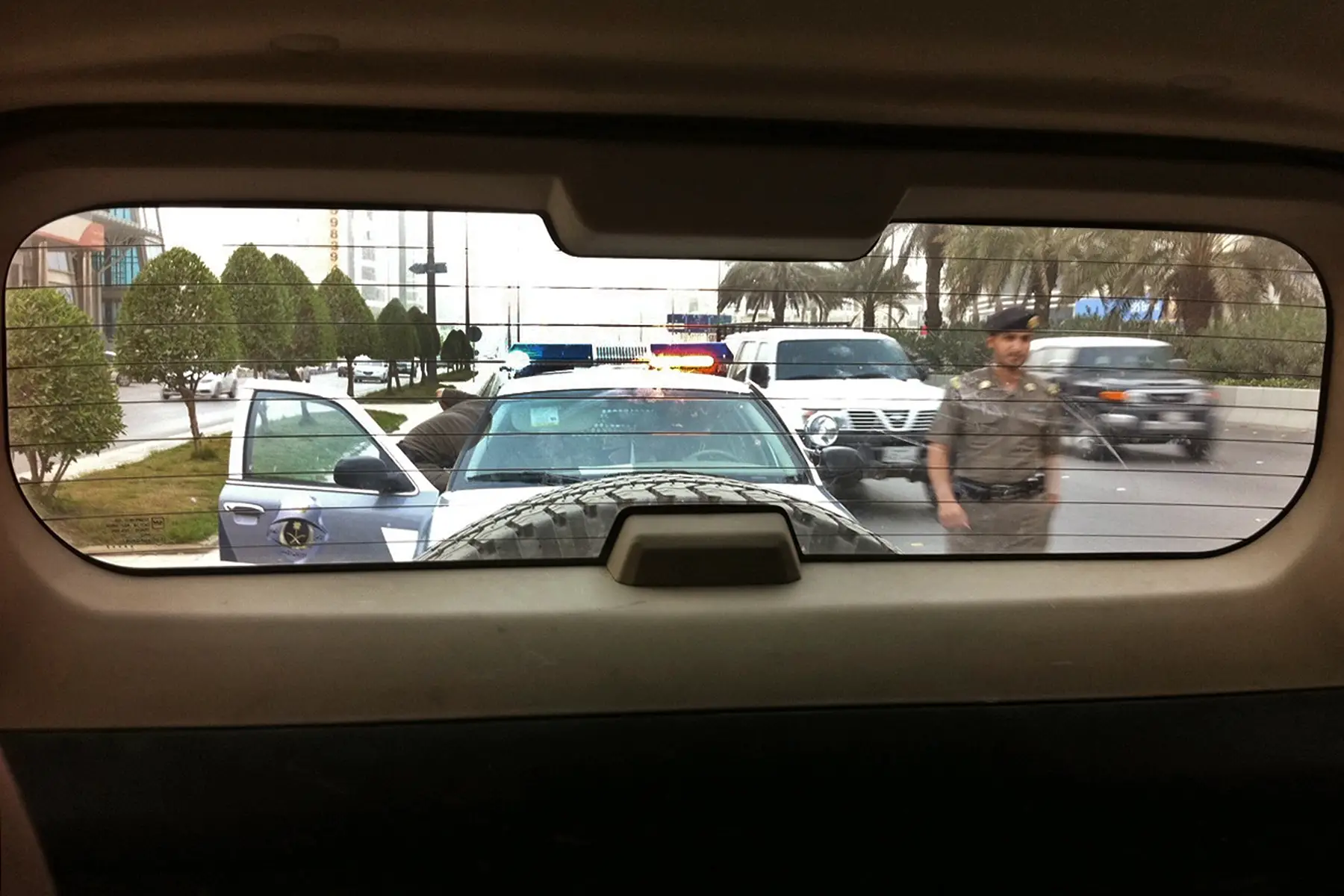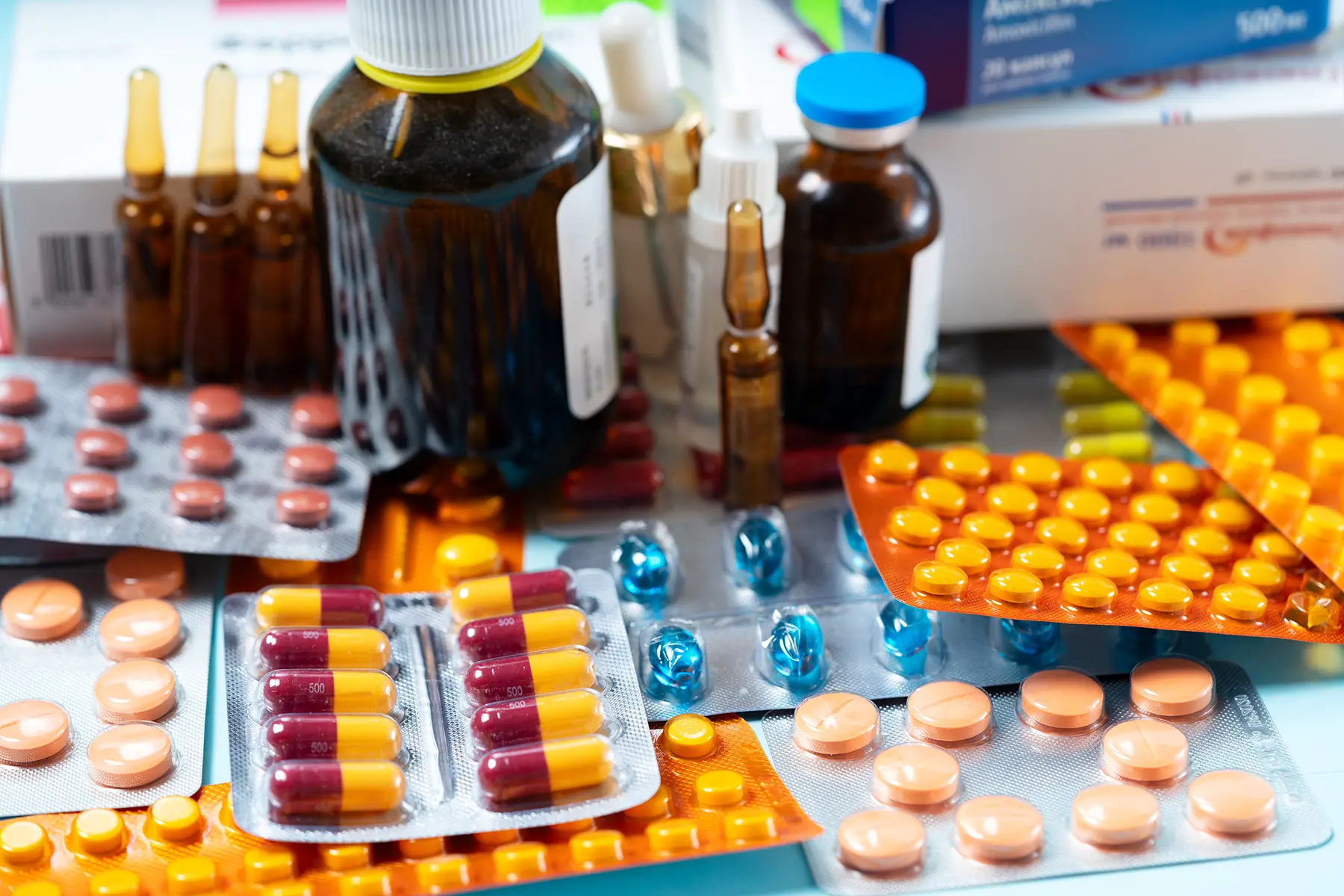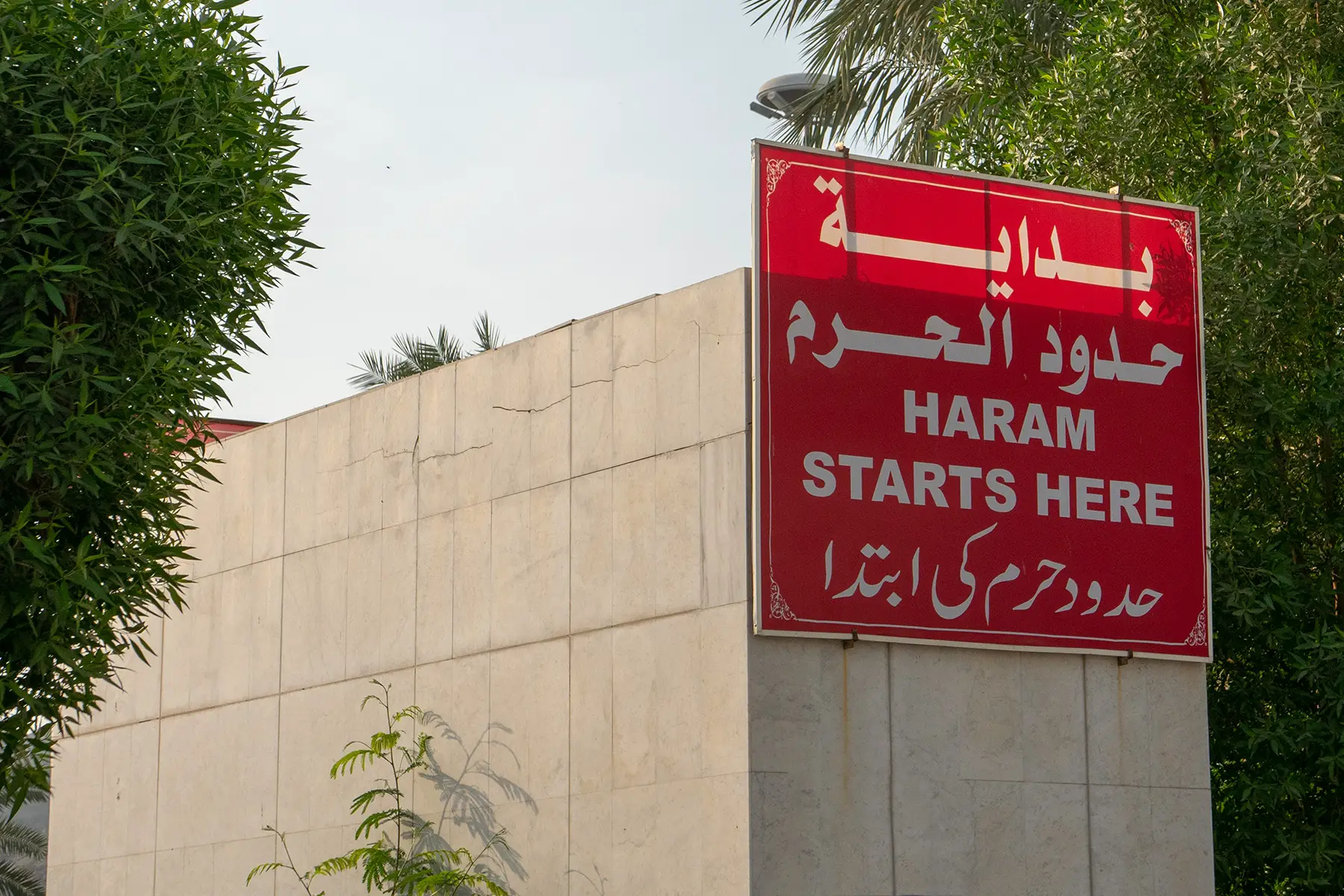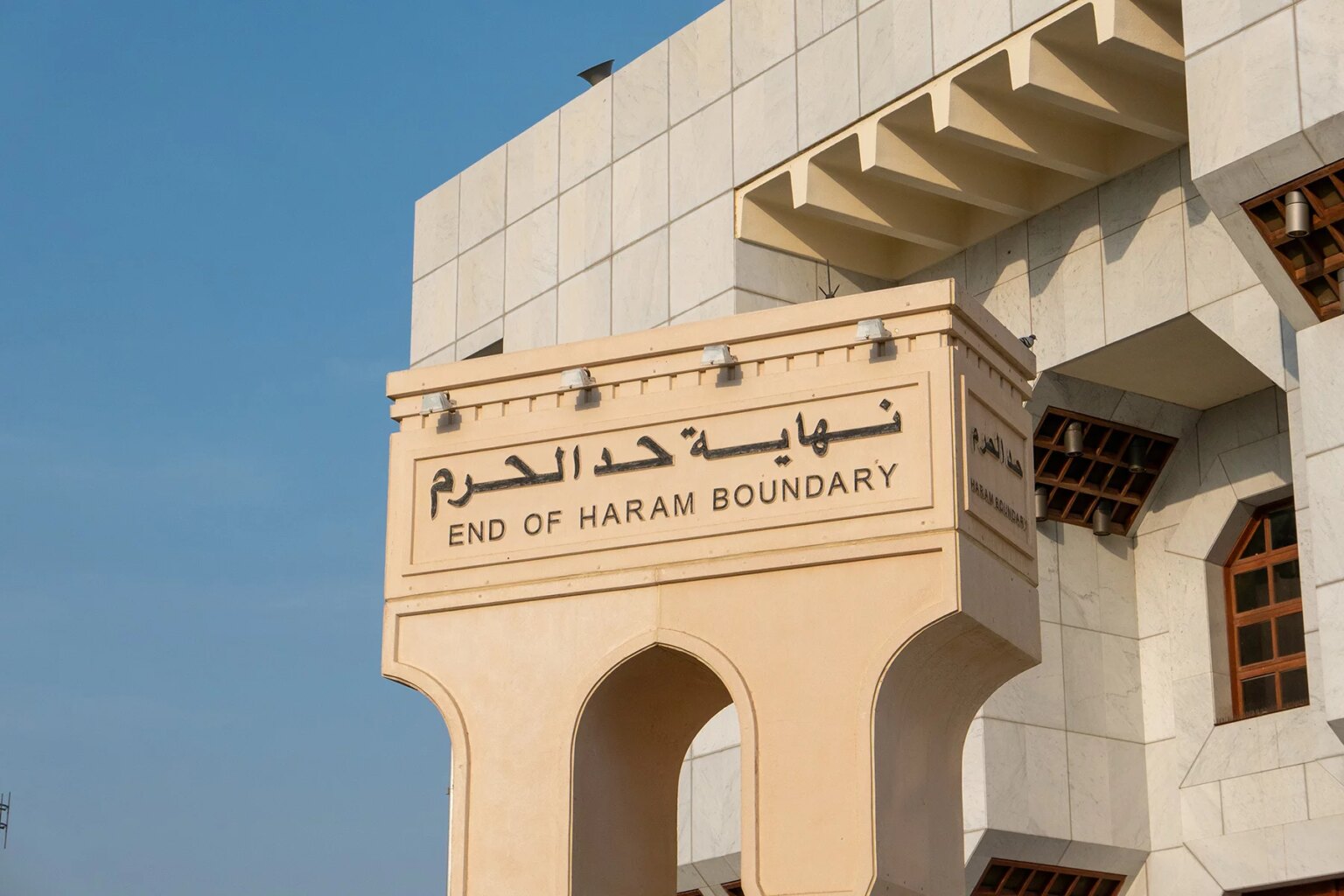Sharia, or Islamic law, is strictly enforced in the Muslim country, and alcohol and drug offenses are considered crimes against God. This article looks at Saudi Arabia’s drugs and alcohol policy – and what expats moving there need to know.
It includes the following information:
Drugs in Saudi Arabia
The year 2019 began badly for three expats in Saudi Arabia. Two Egyptians and a Pakistani were executed on New Year’s Day. The former for smuggling cannabis, illegal opiates, and amphetamines, and the latter for trafficking heroin. In 2018, the nation executed at least 59 people for drug crimes, according to Harm Reduction International.

Saudi Arabia imposes extreme penalties for the import, manufacture, possession, and use of both alcohol and illegal drugs. In fact, those found guilty can expect lengthy prison sentences, heavy fines, public floggings, and possibly deportation. To emphasize, anyone found dealing in drugs in Saudi Arabia is liable for the death penalty.
Authorities make no exceptions and foreign embassies are relatively powerless to intercede on their citizens’ behalf when it comes to drug laws in Saudi Arabia. Although detailed searches are the exception rather than the rule, travelers should still expect a luggage inspection at ports of entry into the country.
Bringing prescription drugs to Saudia Arabia
Some drugs or medical materials are banned in Saudi Arabia, and importing them into the country is illegal. For more information and a list, consult the Saudi Food and Drug Authority. It’s important to realize that importing illegal medication or drugs in Saudi Arabia carries stiff penalties – including imprisonment and fines.

However, travelers who take prescription medicines such as sleeping pills, painkillers and treatments for ADHD can import these into Saudi Arabia. Most importantly, you must obtain advance clearance, with a medical certificate and a doctor’s prescription. Both need to be translated into Arabic, and must not be more than six months old. To clarify, these documents are not the same as a medical passport, which lists all the medicines you use or are allergic to. Travelers should apply for clearance at their local embassy at least a month before arrival. Without these documents, travelers risk seeing their drugs confiscated at the very least.
Saudi authorities only allow the import of enough medicines for one month; or for the duration of your stay, whichever is shorter. As a result of this, you must refill your prescriptions locally, after a visit to a licensed local medical facility. However, you can import drugs that are not available within the country upon permission from the Saudi Food and Drug Authority.
Alcohol use in Saudi Arabia
As with drugs, there is a prohibition on the manufacture, sale, possession, and consumption of alcohol in Saudi Arabia. Drinking is punishable by public flogging, fines, or lengthy imprisonment, accompanied by deportation in certain cases.

Trading in alcohol naturally carries a higher sentence, with harsher punishments for anyone caught selling to Saudi nationals.
Import bans cover:
- liquor
- items containing liquor
- flavoring extracts
- cooking wines
- wine-making kits
- alcohol-distilling equipment
- books on manufacturing such drinks or foods with alcohol or extracts as an ingredient
Authorities have previously warned against drinking on the journey to the Kingdom. In fact, you may be arrested if you cross the Saudi border while still intoxicated or smelling of alcohol.
Nevertheless, expats are sometimes able to obtain locally brewed black-market liquor in Saudi Arabia – particularly on Western company compounds. This homemade wine and beer is referred to as Siddique. BBC reports that expats often have brewing competitions for this sugar-based beverage. Some expats believe that authorities will turn a blind eye to the consumption of alcohol in enclosed compounds. However, raids by the police remain a constant risk.
Although Saudi Arabia has embarked on a series of social reforms recently, the ban is likely to remain in place for the foreseeable future. Early in 2019, the country dismissed reports that it would allow hotels and restaurants to serve alcoholic beverages as “fabricated lies“.
Blood tests for drugs and alcohol
Expats in Saudi Arabia need to undergo medical tests at the start of their contract. Furthermore, lawyers advise that these may include drug screening, given the nation’s strict approach to narcotics. The law does not expressly prohibit drug screening, so potential employees need to be aware that pre-employment drug testing is unlikely to result in a backlash against the employer.
In addition, employers can carry out random drug and alcohol testing of employees using the Ministry of Labor’s accredited system and registered government-designated clinics. This service is particularly common in the oil and gas industry.
Useful resources
- Saudi Arabia: Unified Government Services
- Customs in Saudi Arabia
- Saudi Food & Drug Authority
- Embassy of Saudi Arabia to the USA: Rules on the import of prescription drugs




